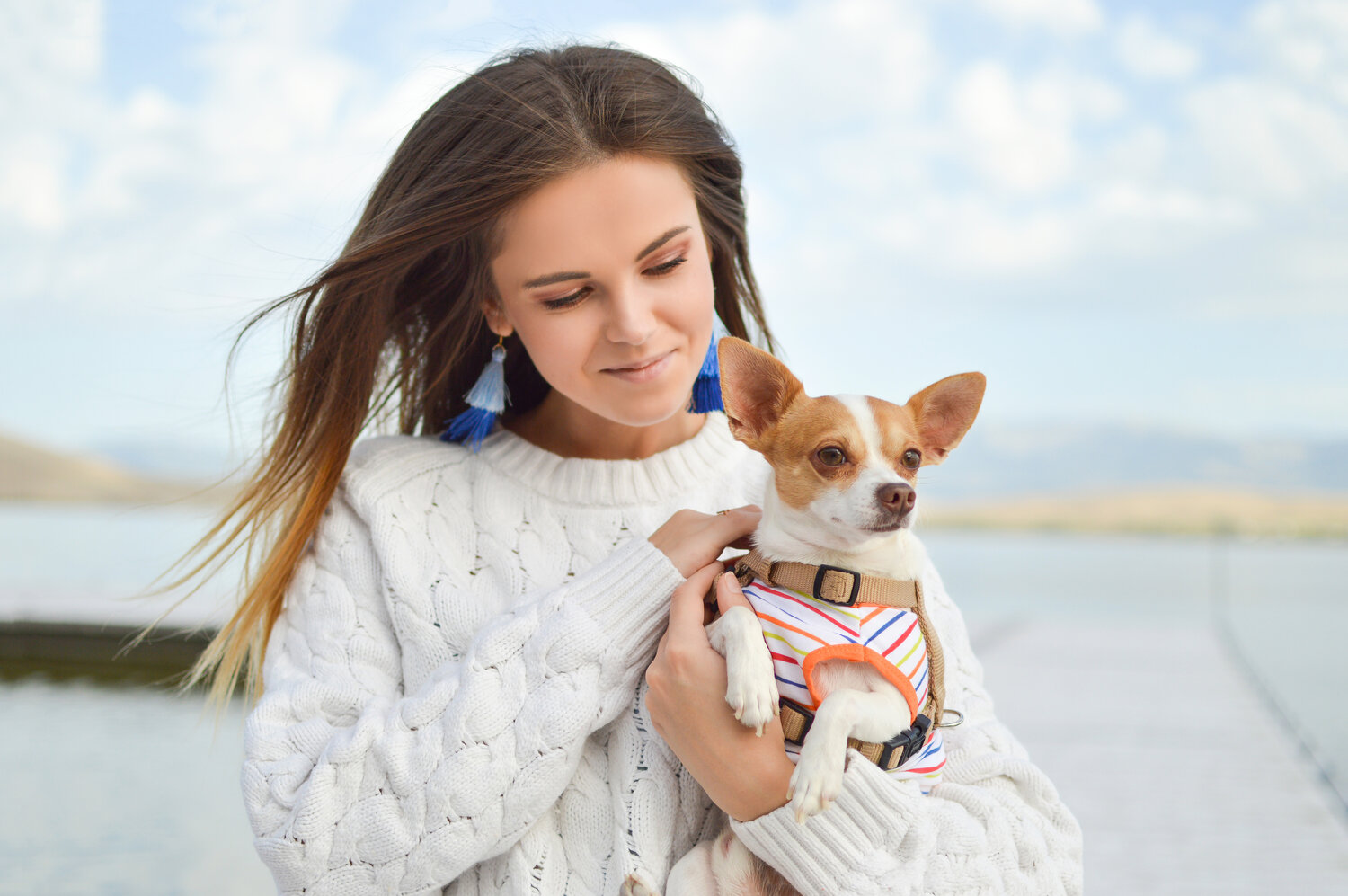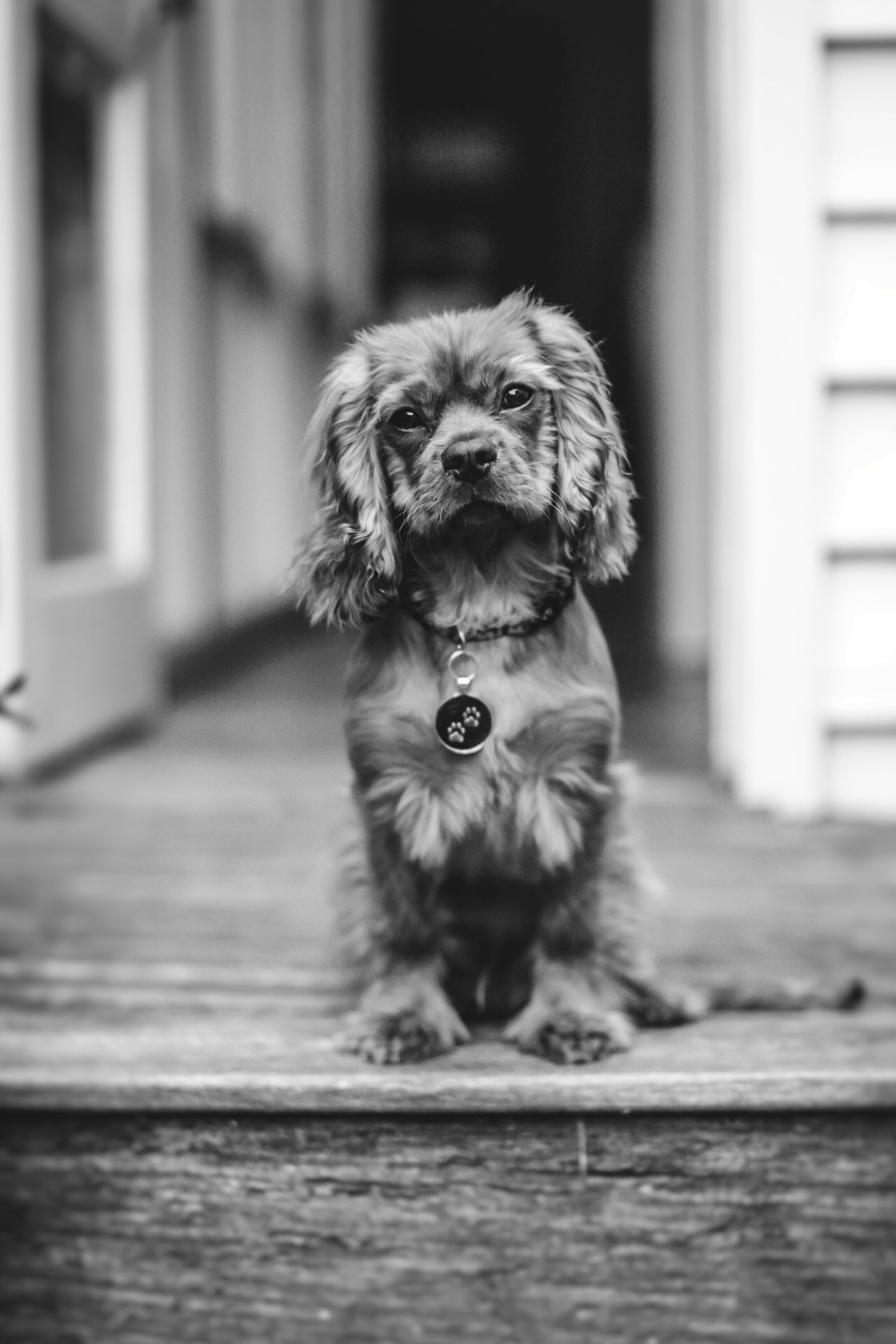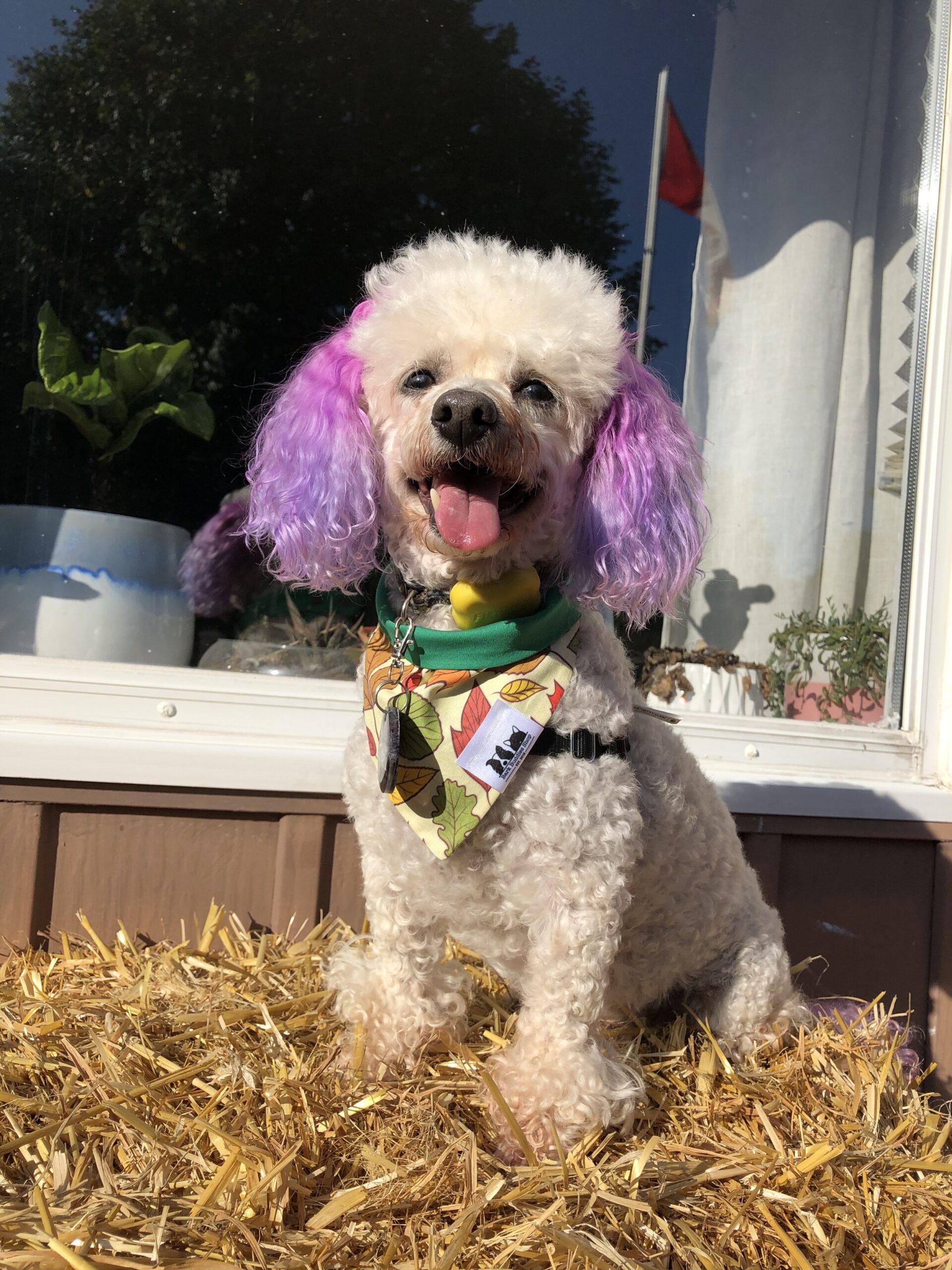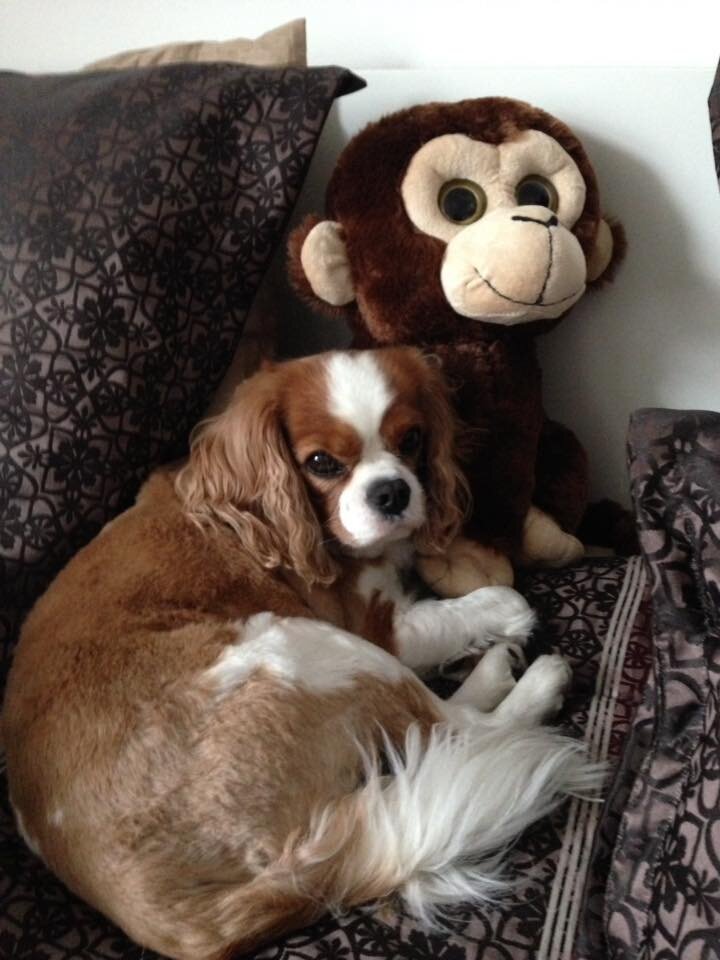General Travel Information
Traveling Internationally with Your Pet
Resources for Pet Owners
Traveling internationally with your dog may seem like a big undertaking for many owners. The resources below are available to help streamline your approach for getting to your end destination, planning your stay, what to expect, and helpful tips.
When planning your trip, we suggest you arrive 3-4 days prior to surgery, and depart 3-4 days after your dog’s scheduled discharge date from the clinic. (Please note that this timeline does not take into account any unforeseen complications that may occur post-surgery.) Most stay a total of three weeks on average.
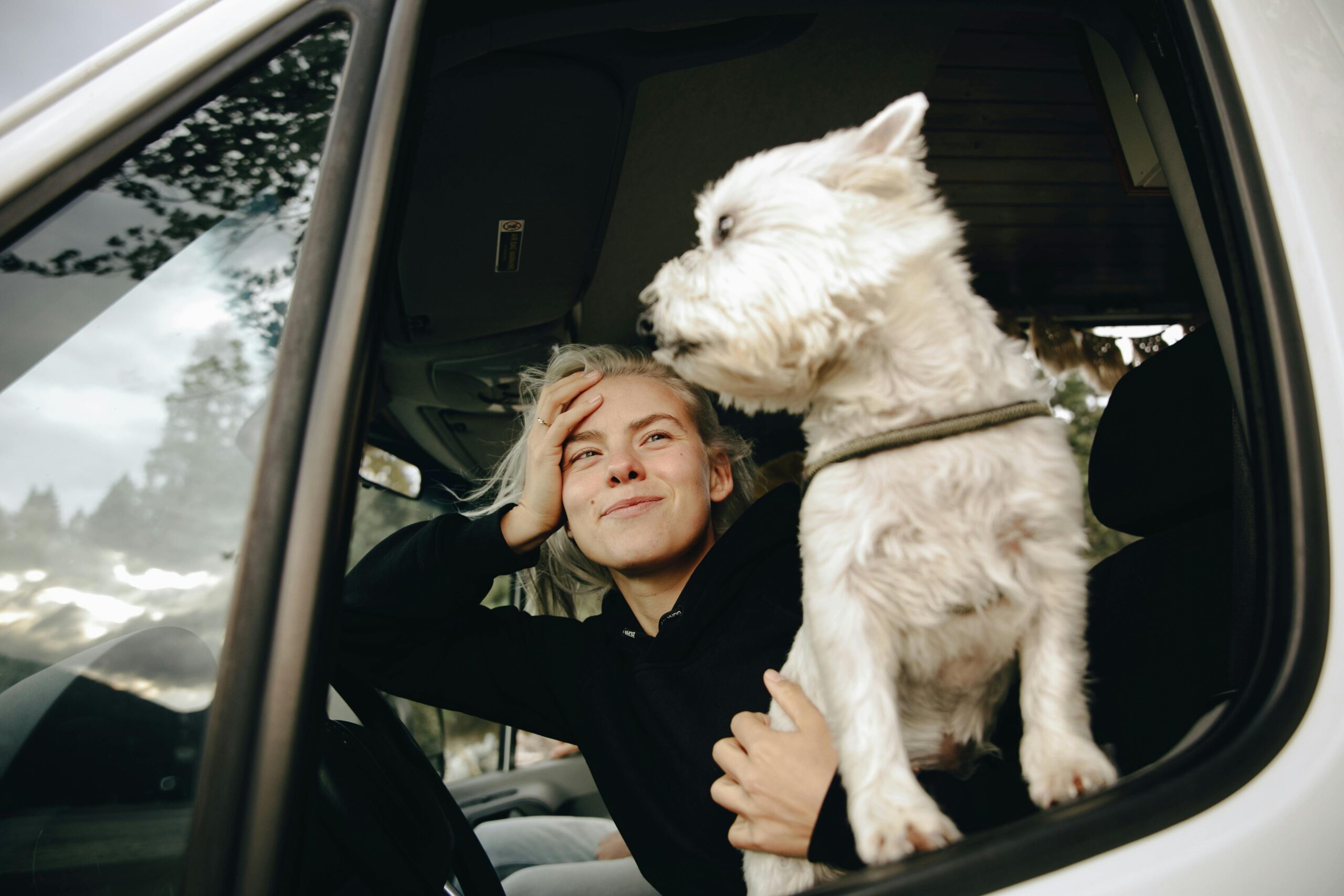
Lodging
There are various dog friendly hotels in Japan and in the UK. You can use almost any hotel search engine to filter by “pet friendly” and “location” (start with properties closest to the clinic). Another option is finding an Airbnb (a short-term property rental) that accommodates your needs. Having a place to cook your own food and access to a washing machine are a few potential advantages of having an Airbnb rather than a hotel.
Helpful Tips: Questions to ask if its the right place for you.
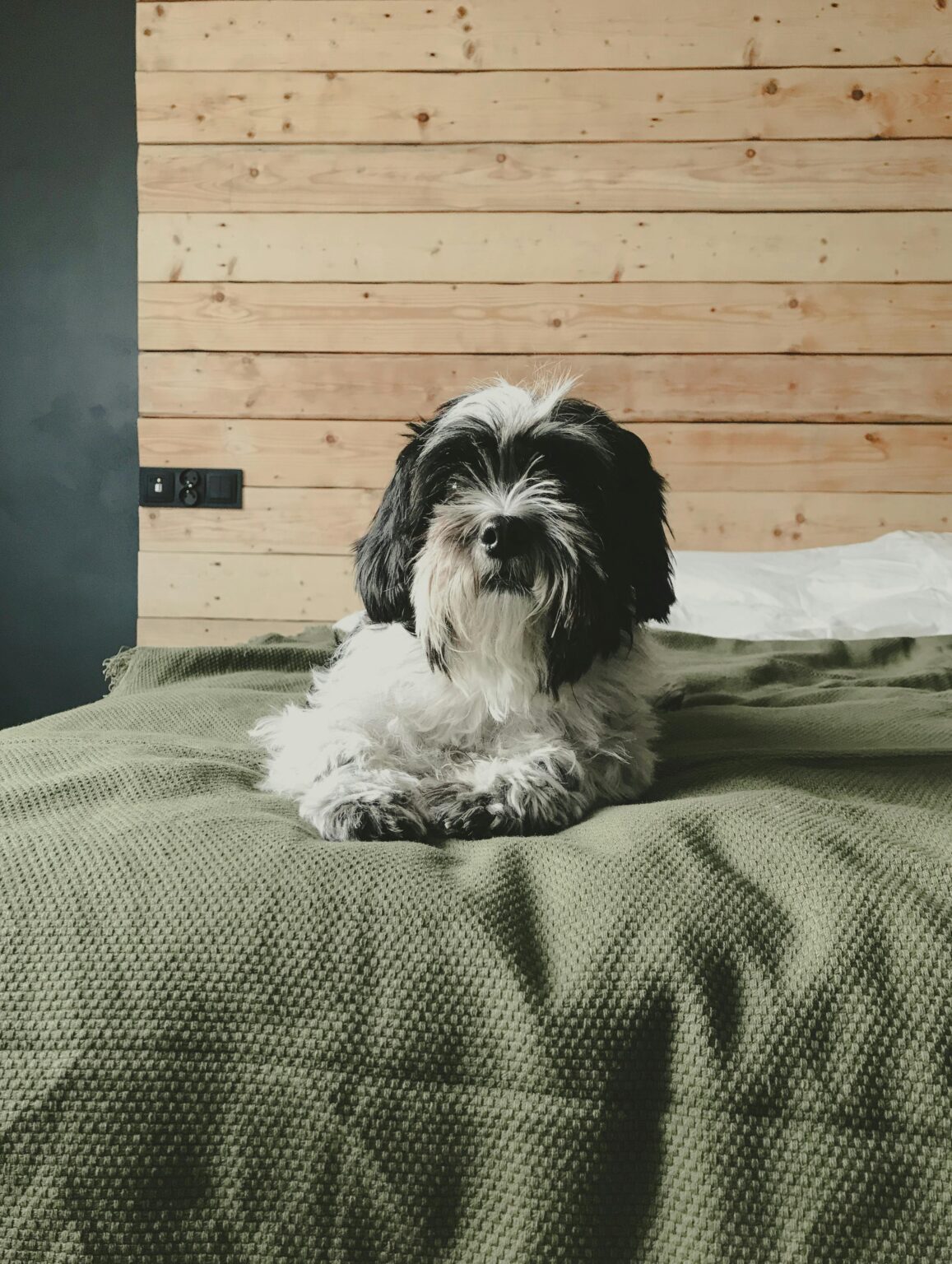
Questions To Ask Before You Book
1. Will they allow pets?
Even if an Airbnb is marked “no pets”, inquire with the owner. Some will make an exception if you explain your circumstances.
2. Is the rental/hotel within walking distance to the clinic?
Staying closer to the hospital means shorter trips for you and your dog which will help reduce stress, and allow for easier follow-up visits post surgery.
3. Is the flat easily accessible? Are there stairs or elevators needed to get there?
Remember post-surgery, it will be difficult to get your dog to and from the flat and you will likely be using a stroller.
4. Is there a washing machine? Is there a dryer?
Many flats have washers only. In that case, clothes can be hung dry.
5. Is the kitchen equipped with the things that are important to you?
If you plan to make homemade meals, a refrigerator, freezer, cooktop, microwave, etc. are key amenities to include in your search.
6. Is there air conditioning or heat?
During the summer or winter months, it can get very hot/cold.
Where to fly for surgery & Pet Friendly Airlines
The two countries below are who we currently support for Mitral Valve Repair surgeries. In our experiences, many owners who have traveled to Japan or the UK for surgery have had better experiences with the following airlines listed below. Sadly many airlines now state they no longer recognize ESA animals, only Service & Psychiatric Service Animals. So what does this now mean?
It means all animals not registered as such must fly in the cabin as a non service type animal abiding by the airlines strict rules for travel. Airlines may also require advance notice to accommodate all animals traveling in the cabin. Generally, if a Service or PSA letter is presented and accepted by the airline, your dog will be allowed to sit with you in the cabin, on your lap, or in between seats if you are traveling with a companion.
”Make sure it’s not a co-share airline so the policies don’t change to that airlines policy.”
Airport Destinations:
Japan
Tokyo International Airport (Haneda) (HND) – 45 min to Jasmine
Narita International Airport (NRT) – 1 hour drive to Jasmine
London
Heathrow Airport (LHR) – 35 minute drive to RVC
Pet Friendly Airlines:
Most of our families that have traveled from the US had a better experience with the following airlines we have identified. “Note If your animal is registered as a service animal all airlines must abide by the ADA rules and DOT policies”.
ANA Airlines
General International Reservations: 1-800-235-9262
We recommend that you speak to a service agent about traveling with an Service or PSA animal, and then either book your ticket(s) over the phone or online with their guidance.
Visit the Special Accommodations site here: Service Animals
Customers traveling with a Service or Psychiatric Assist Animal must provide a minimum 48-hour advance notification to the disability desk by submitting the required online form here. You will be asked to upload your ESA letter your therapist filled out for you.
Delta Airlines
Pet Travel Line: 800-221-1212
Service Animal forms and information, https://www.delta.com/us/en/accessible-travel-services/service-animals
Delta Service Animal Line, 404-209-3434
Helpful Tips: Flying with Pets
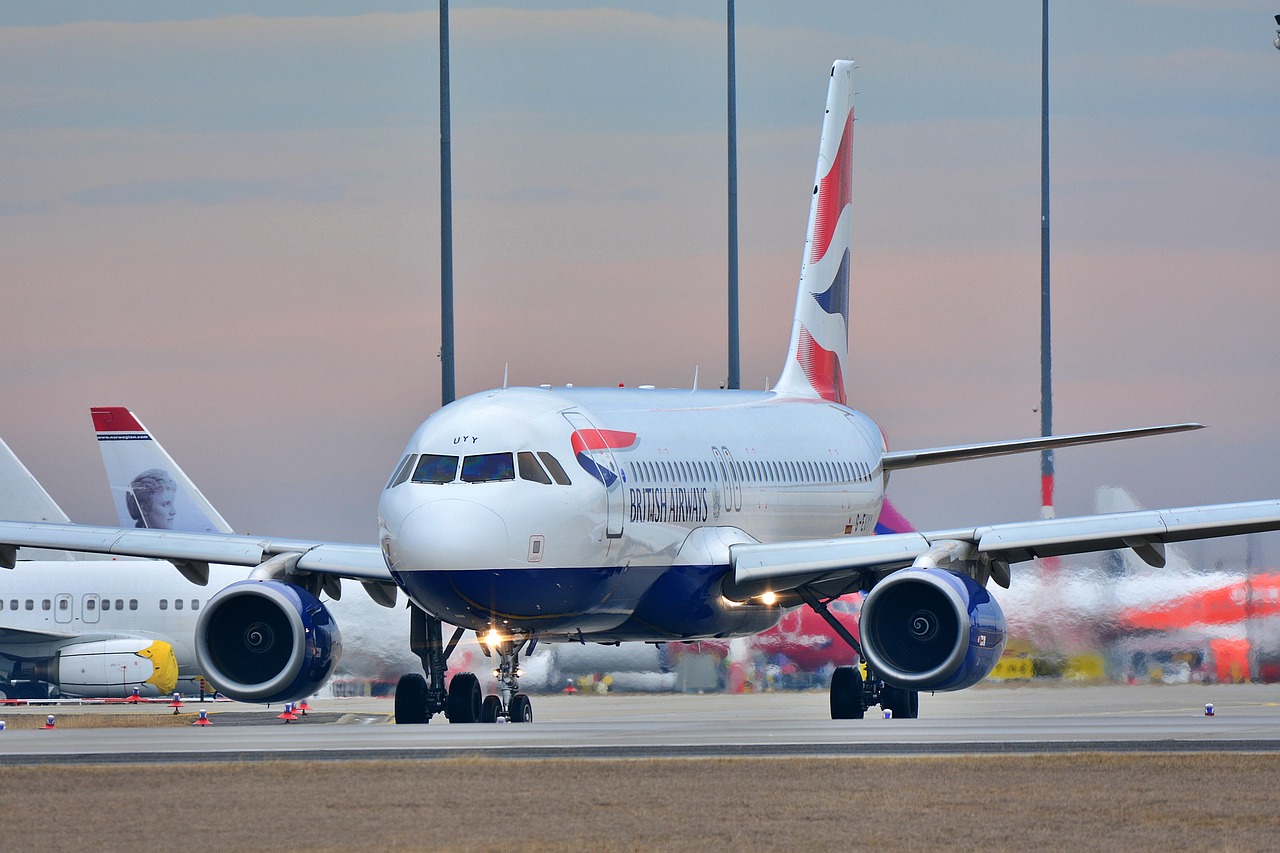
Always speak with a reservation agent before you book your travel as they will be able to advise you on the latest requirements and restrictions specific to that carrier in regards to your dog.
1. Will they allow pets?
Even if an Airbnb is marked “no pets”, inquire with the owner. Some will make an exception if you explain your circumstances.
2. Is the rental/hotel within walking distance to the clinic?
Staying closer to the hospital means shorter trips for you and your dog which will help reduce stress, and allow for easier follow-up visits post surgery.
3. Is the flat easily accessible? Are there stairs or elevators needed to get there?
Remember post-surgery, it will be difficult to get your dog to and from the flat and you will likely be using a stroller.
4. Is there a washing machine? Is there a dryer?
Many flats have washers only. In that case, clothes can be hung dry.
5. Is the kitchen equipped with the things that are important to you?
If you plan to make homemade meals, a refrigerator, freezer, cooktop, microwave, etc. are key amenities to include in your search.
6. Is there air conditioning or heat?
During the summer or winter months, it can get very hot/cold.
International Travel with Pets - Important Information
Global Entry
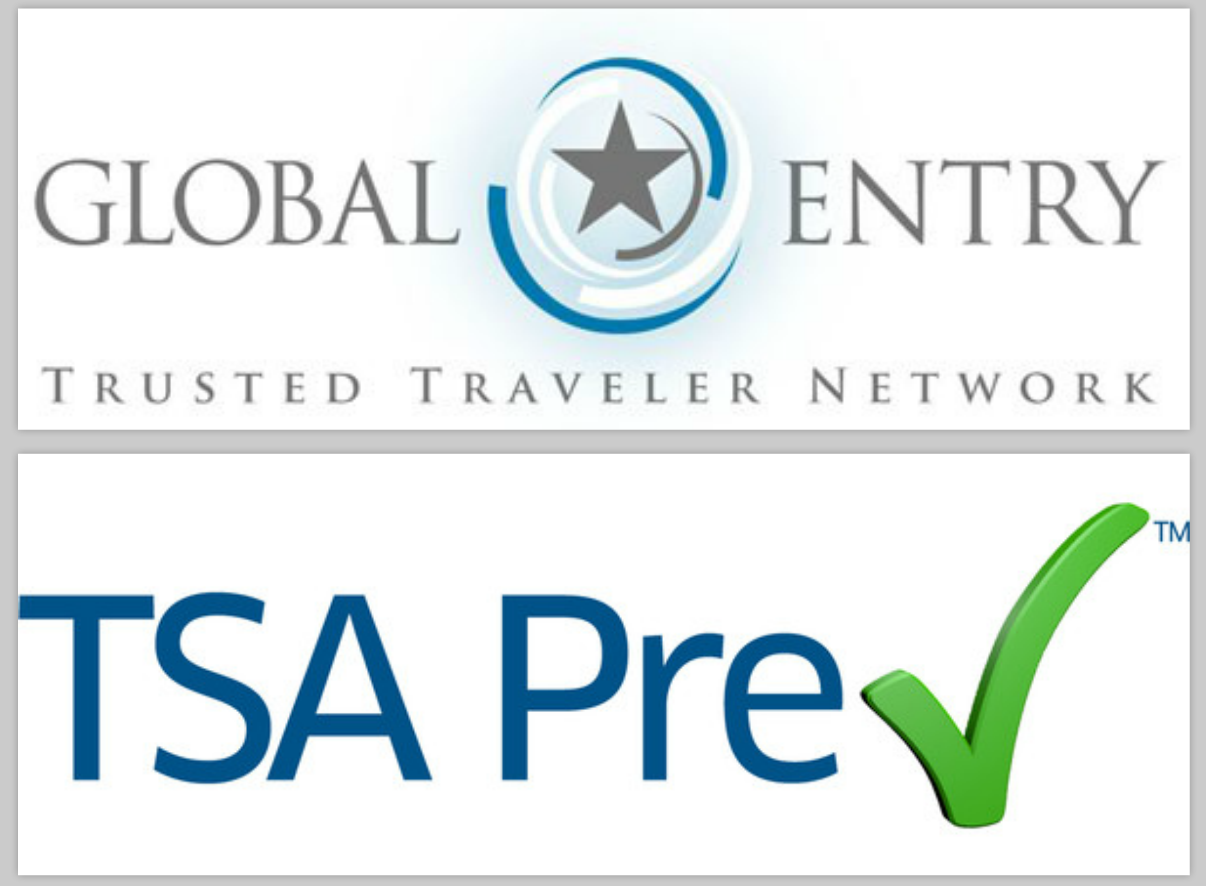
Navigating a busy airport with your dog and extra traveling gear can be challenging, especially if you have an anxious traveler. Taking every possible option to expedite your way through security checkpoints and customs/immigration is a life saver.
In the US, if you have a US passport, you have the option to register as a Global Entry participant. At most major US airports, this will get you into the TSA pre-check lines and into the Global Entry access lines upon re-entering the US.
There is a $100 registration fee, which is good for 5 years of unlimited international travel, and you will do an in-person interview to be confirmed.
To read more and sign up, click here.
USDA Form for Pet Export

Each country you travel to with your dog will have different import requirements. Even the US has different requirements for pet re-entry depending on where you take them.
You can find specific details on import/export to/from UK and Japan on our corresponding travel resource pages along with the proper United States Department of Agriculture (USDA) forms and procedures to use.
The Packing List
Traveling internationally for approximately three weeks with your dog can seem like a daunting task. So, we have provided this packing list in an attempt at helping you think of anything that you may have forgotten, and a little guidance on what you can check through vs. what you need to bring with you on board the airplane, select the link below.
Helpful Travel Tips
Most collapsable strollers do not stay in a tidy compact position for stowing at the gate. It is helpful to have a velcro strap, small bungee cords, or twist ties with you to help secure the stroller so that it does not get damaged.
If you choose to bring a pet carrier in the event your flight crew wants your dog to be stowed for takeoff/landing, verify the maximum dimensions with your airline.
A pet carrier is required for travel to and from Japan and Heathrow airports (enclosed strollers work while in airport).
Secure money before leaving the US because not all ATMs are open 24×7 at the airport. You may need money to pay for transportation or money may be needed if you encounter an emergency.
You will need to pack for a full three weeks, but consider packing a small quantity of the follwing items as carry-on to get you through your flight: food, treats, poop bags, diapers, pee pads, and medications.
Diapers are helpful on the plane if your dog is not trained to use a pee pad. You can use baby diapers and cut a hole out for the tail as a cheaper solution to specialty dog diapers.
Mighty Hearts Project is a 501(c)(3) non-profit organization that supports dogs with Mitral Valve Disease through surgical intervention.
Disclaimer: The information provided on the website is for educational and informational purposes only and is not meant as a substitute for advice from a trained veterinarian or any other medical professional. Please do your own research and contact each clinic performing MVR surgery for the most up to date information.



